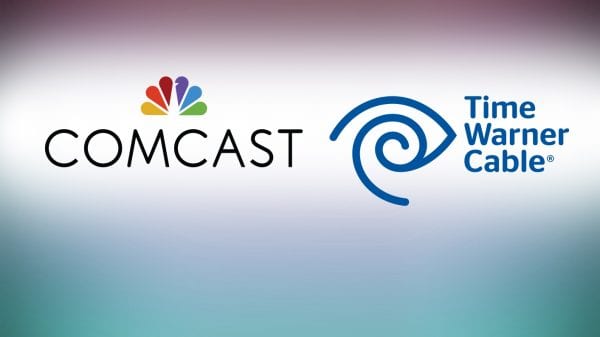
FCC and DOJ Flex Big Government Muscle As Comcast-Time Warner Merger Fails
Taxpayers Protection Alliance
May 6, 2015
The increasing power of federal agencies through regulatory and rulemaking pressure is one of the most troubling signs in the growth of big government over the last decade. During the Obama Administration there have been a number of instances where federal agencies like the Environmental Protection Agency (EPA) and Department of Justice (DOJ) have used their authority to circumvent Congress in order to put in place regulations that would otherwise go nowhere in the normal legislative process with the House and Senate. Recent events surrounding the failed merger between Comcast and Time Warner have only served to reinforce the fear of the heavy regulatory hand of government agencies.
Last year, Comcast announced a $45 billion bid to merge with Time-Warner Cable (TWC). The deal was set to bring more opportunity for consumers and better quality service to a product from two of the industry’s major innovators. The Taxpayers Protection Alliance (TPA) was just one of many observers who supported the merger moving forward with due diligence and felt it would be a wrong for regulators to stand in the way. There is no reason why the proposed merger should have been subject to any different treatment that what other major transactions have faced in terms of careful examination as it moved through the regular review process.
The merger faced opposition from those who felt it would harm the market, but those criticisms couldn’t be further from the reality of today’s economy and landscape. The potential deal between Comcast and Time-Warner would have been a net positive for the economy and consumers. The benefits of the merger included:
- The combination would have lead to an increased investment in critical infrastructure at no cost to American taxpayers. This, in turn could have led to a faster upgrade of broadband communications facilities for consumers and, perhaps more importantly, for American businesses.
- Consumers in TWC territories stood to get faster broadband Internet service, with the potential to provide better service and new choices to existing TWC video consumers.
- Post-transaction, Comcast would have less than 30 percent of the Pay-TV market (and a lower Pay-TV market-share than it had after any previous transaction, including those with ATT Broadband and Adelphia). This is important because the federal courts have now twice said that the Federal Communications Commission’s (FCC) previously imposed limit of a 30-percent market-share for any single Pay-TV provider was unjustified.
The merger failed because two federal agencies used their power to string along the proceedings of the potential transaction and apply pressure as the process moved forward, moving goalposts and making it such a hardship on the companies that it became very clear that a merger was just not a plausible option. The FCC delayed an official review of the deal, citing recent court decisions on the video marketplace, further stalling a process that had lagged on for more than a year. Meanwhile, the Justice Department had already authorized a lawsuit to challenge the transaction, if it had become official. It is now clear that both agencies never wanted a deal to happen and Brent Kendall and Shalini Ramachandran of the Wall Street Journal reported as much just last week:
Justice Department antitrust officials briefed Attorney General Eric Holder on the merger two weeks ago, outlining their concerns over the $45.2 billion deal. Mr. Holder authorized them to file a lawsuit challenging the cable tie-up, a Justice official said Friday. At the Federal Communications Commission, staffers were in close contact with FCC Chairman Tom Wheeler as its investigation progressed, and he reached a firm conclusion well before this week that the deal wasn’t in the public’s interest, an FCC official said.
From day one, TPA supported the notion that the federal government allow for the process to play out and that Congress and the federal agencies with jurisdiction (in this case FCC and DOJ) “allow the free market to function properly here without interference. That is the best way to ensure that market competition will thrive and consumers will be served.” Unfortunately for consumers, those federal agencies used their authority to ensure a deal was harder to make every step of the way. TPA hopes that in any future cases where these potential transactions are put forward the agencies recognize and respect the part they have to play, without any overreach.
